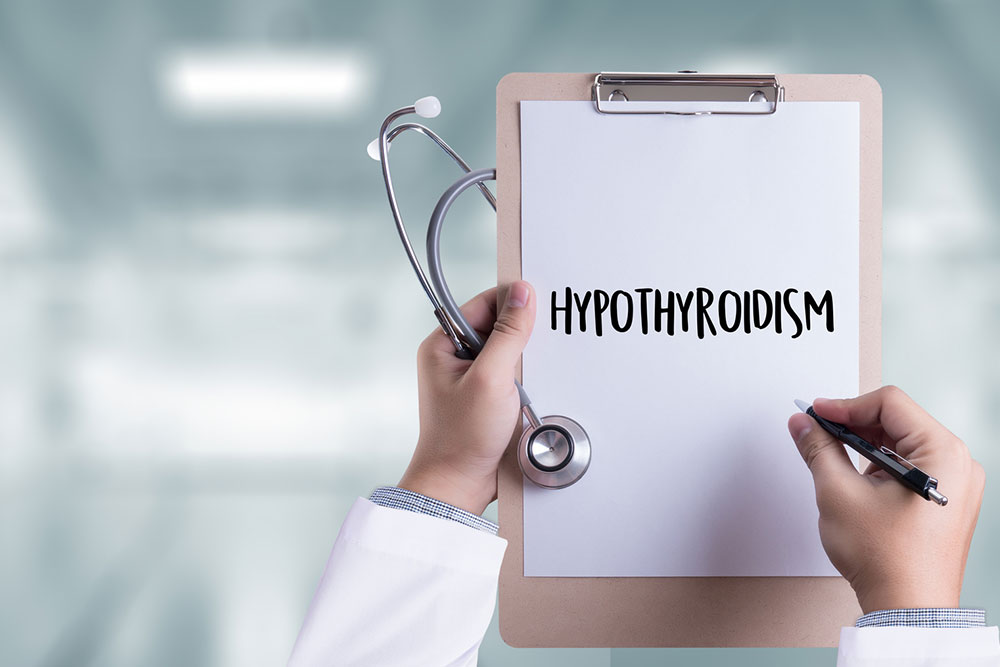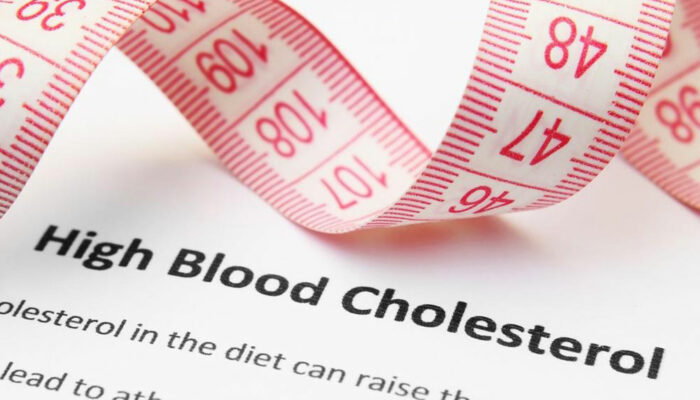
Frequently asked questions about hypothyroidism
Hypothyroidism is one of the most common health conditions that affects millions of people across the world. Luckily, it is also a condition that responds well to timely intervention and treatment.
How is hypothyroidism different from hyperthyroidism?
Both hyperthyroidism and hypothyroidism result from a dysfunction of the thyroid gland. In hyperthyroidism, on account of the overstimulation of the thyroid gland, the body produces more thyroid hormone than necessary. As a result, people with hyperthyroidism may experience difficulties in falling asleep, heightened anxiety and restlessness, volatile emotions, irritability, heightened sensitivity to heat, and sudden and rapid weight loss. In contrast, hypothyroidism occurs on account of the underproduction of thyroid hormone. Due to this condition, a person’s metabolism slows down, leading to symptoms like rapid weight gain, lethargy, heaviness, extreme fatigue and tiredness, increased intolerance of cold temperatures, and so on.
Is it possible for someone to experience symptoms of both hyperthyroidism and hypothyroidism?
While hyperthyroidism and hypothyroidism usually lead to extremely different symptoms, a condition called thyroiditis may lead a patient to experience shifts between hyperthyroidism and hypothyroidism.
Thyroiditis is an infection of the thyroid gland that may be classified into sub-acute thyroiditis and silent thyroiditis. Sub-acute thyroiditis is caused by viral infection, and silent thyroiditis is usually the result of an autoimmune response.
What happens if hypothyroidism is left untreated?
Hypothyroidism is a fairly common condition that responds well to synthetic thyroid supplementation. But if it is left untreated, it can lead to other health conditions that are avoidable.
In some cases, the thyroid gland may be under a lot of stress to produce the thyroid hormone, causing a glandular bulge known as goiter.
Unchecked weight gain may result in obesity, which can adversely affect cardiovascular functions. Patients face a risk of developing atherosclerosis on account of the accumulation of unhealthy cholesterol in the body.
Hypothyroidism may also be a cause of infertility or contribute to difficulties in conception in women.
Since hypothyroidism is often associated with low moods and a feeling of depression, if left untreated, it may lead to mental health issues as well.
In extreme cases, when hypothyroidism is left untreated for a long time, a life-threatening condition called myxedema may occur. In this condition, the patient falls into a coma on account of the body’s metabolism being slowed down to an extreme degree. Myxedema can be life-threatening and potentially fatal.
Are there any natural remedies to treat hypothyroidism?
Thyroid supplementation is considered the safest and most effective way of treating hypothyroidism. Some research studies suggest the adoption of natural methods like supplementary modalities of treatment like increasing the intake of selenium, reducing or avoiding the consumption of white granulated sugar, and adopting a gluten-free diet to treat hypothyroidism. Vitamin B12 supplements may also help to reduce fatigue while the consumption of healthy probiotics may alleviate some of the digestive issues associated with hypothyroidism.



